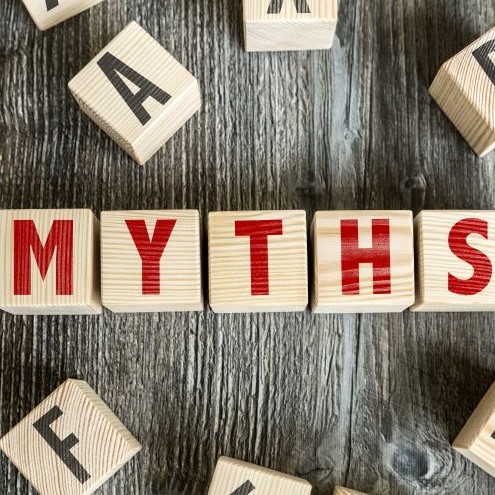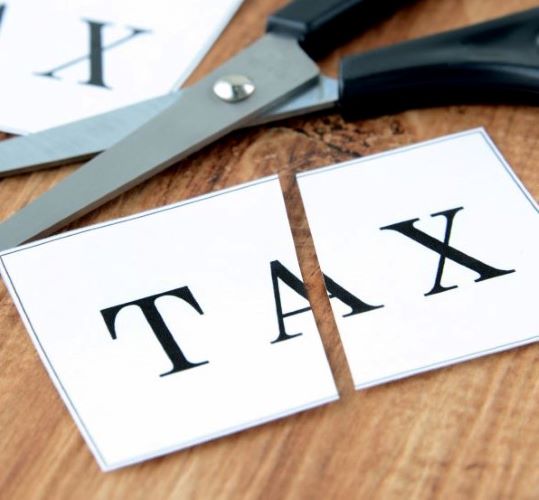There are several situations when a business owner may need a business valuation, including estate and gift tax planning, buying and selling a business, litigation, or even just positioning a business for the future. Understanding the factors that determine the value of a business may help a business owner increase future value and determine when they need a business valuation prepared. Below are some common business valuation myths and the underlying truths.
Myth: My business is just worth a multiple of sales or income
While this may be a starting point for negotiations, every business is different. It may be tempting to apply the same valuation multiple to every business, however other deal multiples are just a data point. It is important to look at the business more in depth, not the multiple. What is the management depth of each business? Does the business have recurring revenue and a diversified customer base? In what condition are each company’s assets like? Company A and B might have the same revenue and income, but what if Company A just bought $3 million worth of equipment and Company B needs to buy $3 million or equipment? All these underlying factors contribute to the value of the business therefore each business should not be valued at a multiple of sales or earnings.
Myth: The value that you appraised my business at is the price I will receive when I sell my business
A business is generally valued at fair market value, which is different from transactional or strategic value. Fair market value considers all hypothetical willing buyers and sellers, when the former is not under any compulsion to buy and the latter is not under any compulsion to sell. A transaction on the other hand is a verifiable amount and may be significantly higher or lower than fair market value. In the real world, the willing buyer and seller are rationale investors and are only willing to buy and sell at their prices. In the real world, there are more motivated buyers and sellers than other people. A motivated buyer is likely to pay more than fair market value, and a motivated seller is likely to sell for less than fair market value if they really want to sell that business.
Myth: If a business is worth $1 million, my 10 percent interest is worth $100,000
Owning a minority interest in a business is worth less than a controlling interest. A minority ownership interest cannot determine policy, set compensation, determine distributions, or decide to sell the business. Although the minority interest owner receives a pro rata distribution of earnings and profits, the minority ownership interest is worth less than the pro rata value of the entire business, therefore this ownership will receive a lack of minority interest discount.
Myth: My business valuation can be used for any purpose
When valuing a business for a sale, a divorce, or a gift tax return, a valuation analyst may determine three different values for the company. Some valuations are based on fair market value while others are based on fair value. Some valuations include a minority interest or lack of marketability discount, while others will not. It is important to understand that each valuation is intended for a certain circumstance.
Myth: A competitor sold his business for $2 million last year, therefore I should get at least this amount next year
A business is valued on what we think will happen in the future, not what happened in the past. A business valuation depends on the future cash flows of the Company and how much risk is involved with a particular business. We have already discussed how every business is different, however, the timing of the sale plays an important role in the valuation as well. If a business owner has a deal to sell his business tomorrow, he should receive more for his business than if he were to have a deal to sell his business two years from now. Why is that? There is a lot of risk in running a business. What if the top customer leaves? What if he gets sued in the next two years? What if his top employees leave? Therefore, what happened with other businesses in the past, does not mean it will happen to your business in the future.
Myth: My business has a net loss; therefore, it is not worth anything
Many businesses may have a net loss because of depreciation expense, unnecessary expenses, or because of excess owner compensation. A business valuation normalizes net income and then uses net cash flow instead of net income to determine the value. A business owner may pay for his automobile through the business and take a salary of $500,000, when someone buying the Company may do the same job for $200,000. In this case, $300,000 of net income would be added back to the Company to normalize the income.
Contact Us
There are many factors that contribute to the overall value of a business. It is important for business owners to understand the basics of business valuation and to have a business valuation prepared for their Company when the right time occurs. If you are interested in learning more about our approach to business valuations or need assistance with a valuation for your Chicago business, Selden Fox can help. For additional information please call us at 630.954.1400 or click here to contact us. We look forward to speaking with you soon.






